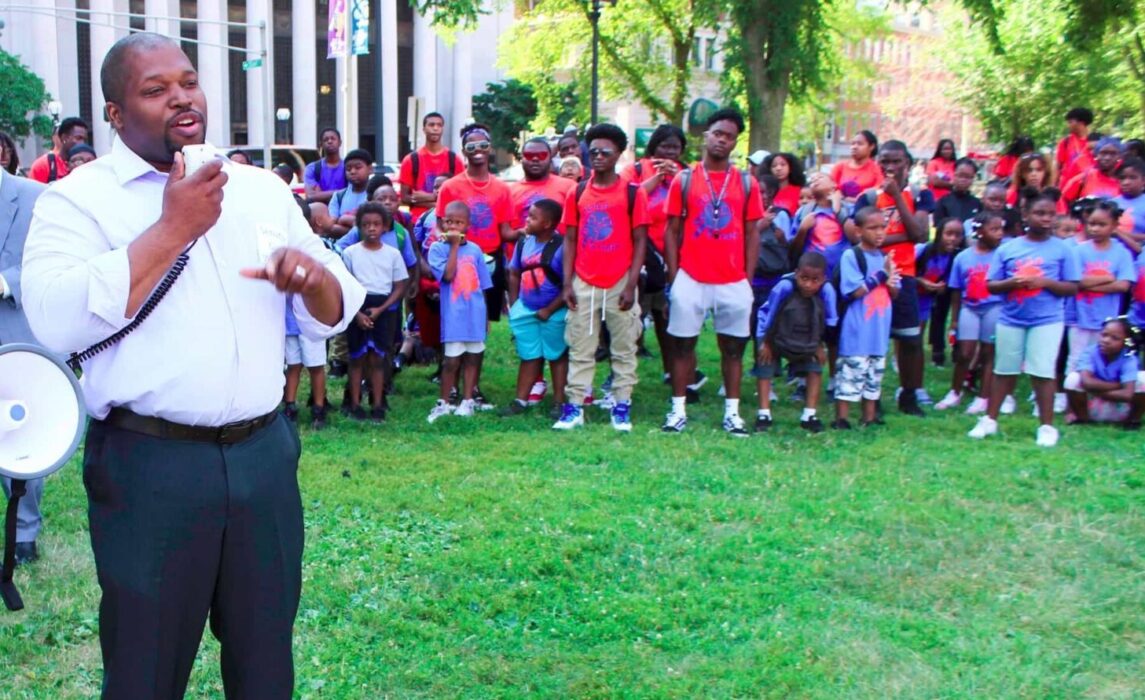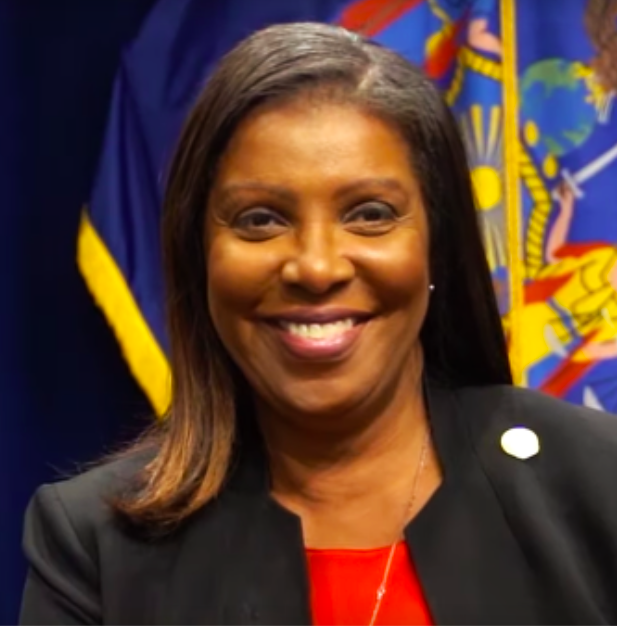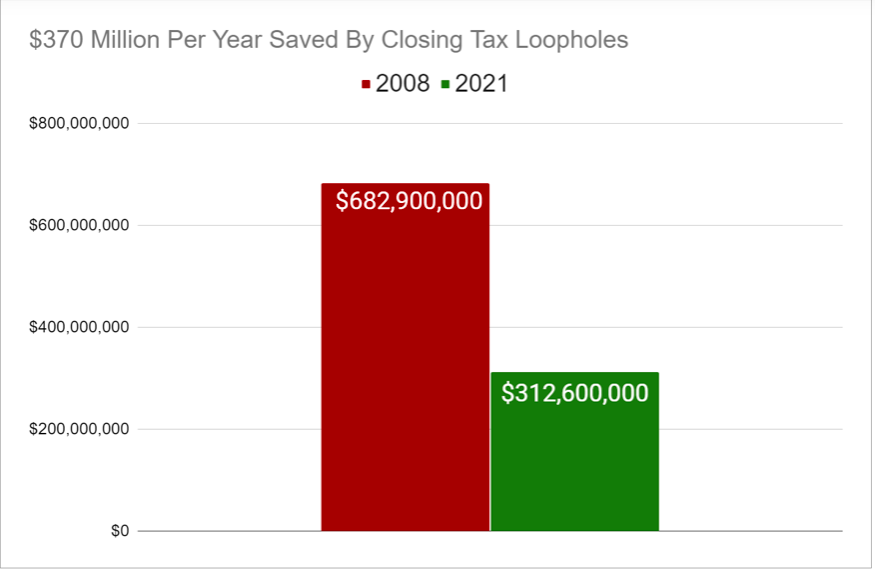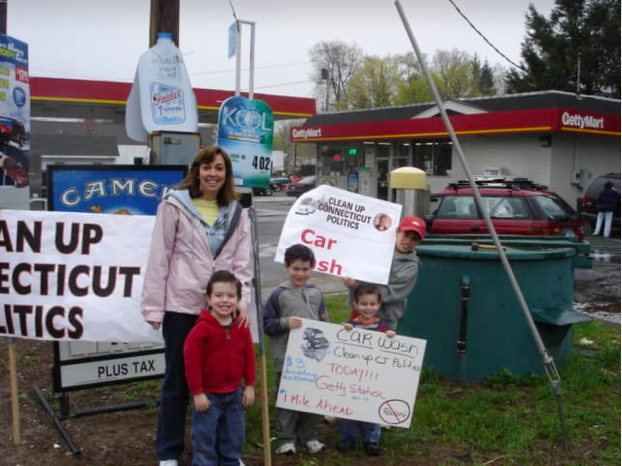Legal Filing
Report
We the People

Returning Political Power to Citizens
Citizen-funded elections represent the most successful effort to combat the domination of Big Money over our democracy, from policy debates on health care to stewardship of our children’s planet.
The goal of citizen-funded election programs is not simply to pay for individuals to run for office, instead the programs should serve everyday Americans.
And they do.

Citizen-funded candidates focus on working-class concerns
By eliminating the candidates’ reliance on perpetual high-dollar fundraising, it allows candidates to focus more on working-class voters, listening to their needs and concerns, instead of “dialing for dollars” to keep their campaigns running.
With citizen-funded elections, lawmakers return to voters across race, gender, class, and party more authority to determine who will represent them in government. This gives everyone more power to shift focus to policies that favor everyday Americans. This is not just rhetoric, it is really important.
In one state, individual donations went from making up 49% of total political contributions to representing 99% of contributions over the course of 12 years.
That means money from lobbyists and PACs went from a majority of candidates’ fundraising to just 1% of the total funds raised by source. We’ve seen over those same years that candidate reliance on small-donor funds also transferred political power away from wealthy contributors and businesses to the people.
Citizen-funded candidates are more representative of their constituents
Small-donor programs also open the process up to greater numbers of qualified candidates, often diverse backgrounds across race, gender, class, and party, who would not otherwise be empowered with the resources to run for office. Many grassroots candidates in state and local programs across the country share that without the funding provided through these programs, they would never have sought public office.

“I came from a hard working family that believed in god and country but we were a humble family, not wealthy, humble. The fact is that I would not be in politics today were it not for NYC’s campaign financing system. I did not have a deep financial infrastructure. I relied upon working people, regular working people.”
Participating candidates run the gamut from lawyers and teachers to police officers, national guardsmen, realtors, and IT technicians. Many of these candidates have been sworn into office.
Citizen funding leads to greater civic engagement
To qualify for funding, candidates first need to go out and meet individual residents and collect a certain number of small donations to show the support necessary to qualify.
This process imbues the small donor with a certain degree of power—a real “citizen’s power”—and once vested with that power, the individual often becomes recognized as part of the candidate’s team. Small donors are more likely to participate, more likely to volunteer, more valued by politicians, and more integral to the electoral process.
Citizen funding more than pays for itself in slashed special interest favors
Citizen-funding of elections may sound expensive, but experience shows that it actually generates billions of dollars in state revenue over the years, as special interests are sidelined, loopholes are closed, and decisions are made in the public interest.
Lobbyists and wealthy special interests understand the return on investment in political spending, that’s why they’re constantly investing and reaping the benefits. Citizen-funded elections finally allow the general public to invest in its interests, with results that dwarf the cost of running the program.
In one state, closing tax exemptions alone saved over four billion dollars over 13 years.

A Proven Track Record of Success
Citizen-funded elections are a proven success, more places are adopting them every year, and we’re working to spread the benefits of these programs across the nation.
Real-world examples show the impact of citizen-funded elections
We don’t have to take the benefits of citizen-funded democracy on faith. Connecticut implemented such a program over a decade ago, and in the intervening years, people have seen substantial positive change.
99% of election contributions in Connecticut now come from individual donors, leading to billions of dollars saved through closed tax loopholes, greater diversity and representation in the legislature, and increased participation in civic institutions, and led the state to become the first in the nation to pass sweeping health care for service workers.

Read our report on the Connecticut’s Citizens’ Election Program.
This is a model of reform that inspires hope for change across a country ready for healthy democracy reform. Citizen-funded election programs step in to create space for policies that favor large swaths of everyday Americans. Particularly when combined with restrictions on lobbyist and government contractor contributions, these reforms represent the best way to prevent government capture by the wealthy.
Read our report on the Connecticut Citizens’ Election Program.
New York City’s Program Empowers Candidates and Donors
New York City’s campaign finance matching program has been in operation for more than 20 years, providing matching funds for small donations from local constituents. Through a system of incentives, the program has decreased reliance on big-money contributions and has helped develop a diverse base of small-dollar contributions in every neighborhood. City council candidates now receive over 80% of their campaign contributions from New York City residents, and over 60% of city council campaign funds come from a combination of small contributions and public matching funds. The program is a model for advocates across the country and demonstrates what we gain when we invest public funds in our democracy: a democracy that belongs to all of us.
And after years of advocacy, the program was adopted state-wide.. Once it is up and running, the new New York state program should pave the way for a state government that better reflects the diversity of the state and the needs of everyone.
People-Powered Democracy Gains Momentum in Maryland
Maryland provides small-donor matching funds in multiple counties across the state reaching at least half of residents. These local programs have empowered more candidates to seek office and encouraged them to raise money from a more diverse public. As more and more of the people of Maryland experience local programs, the momentum of the support for such initiatives has continued to grow stronger. Advocates and reformers also pushed the state to modernize and fund the state’s gubernatorial program, which represented a tremendous win for democracy and further momentum toward a government that reflects people from all walks of life and hears from people with diverse experiences.
California Empowers Residents With Local Small-Donor Programs
The state of California is another bright spot in the country using local small-donor programs to build a democracy where wide swaths of everyday residents have greater sway with lawmakers than well-heeled lobbyists. The Los Angeles matching funds program is a veteran small-donor program that was updated in a great win for democracy and the people of Los Angeles. Together with Los Angeles, multiple other local programs have brought power back to the people, and Oakland, San Jose, and San Diego are gearing up to do the same. This is tremendous momentum for the people of California.
All Politics is Local
It is often said that all politics is local. With small donor programs, this is true on many levels. We see more grassroots candidates speaking with more local small donors. This paves the way for a local government that reflects local diversity and represents the needs of all of its residents. What is also true is that these local programs influence other neighboring local programs in the state. As more people in local programs benefit from small-donor democracy, this paves the way for their neighbors to gain power and influence to make change in their statehouse.
Making Change Possible
When citizen-funded elected officials take office, special interests and wealthy donors can no longer block any and all progress on critical issues that the public broadly supports, such as more equitable healthcare, addressing the looming challenges of climate change, and more.
Health Care Wins in Connecticut Follow Citizen-Funded Elections
Connecticut became the first state in the nation to pass sweeping health care across the state for service workers after the new program was implemented and shifted the balance to the people. Previously, opposition from business interests had blocked any progress on paid sick leave. In 2010, however, the first gubernatorial candidate to run and win under the new landscape campaigned on a promise of paid sick days. One year later, he supported paid sick leave once elected, together with the legislature made up of a majority of other lawmakers elected through the small-donor democracy program.
The state’s paid sick day law is ultimately a testament to what happens when the paradigm of how we elect representatives shifts and wealthy interests lose their stranglehold over policy discussions. Freed from reliance on large checks from lobbyists and the chamber of commerce, state elected leaders were able to focus on the needs of more voters, starting on the campaign trail and continuing in office. This has led to transformative policies for everyday Americans such as paid sick leave coverage, healthier food choices in schools, and sweeping consumer protections.
The only chance we have at passage is because of the Citizens’ Election Program. The legislature is not beholden to the lobbyists of big industries. They are beholden to the people of the state of Connecticut.Tara Cook-Littman, January 16, 2020
Democracy Working for the People
The challenges facing our state and local governments require sound judgment and compromise among our elected leaders who are routinely forced to make difficult decisions.
The fact that a growing number of our state and local elected leaders around the country are participating in citizen-funded election programs and are thus free from the outsized influence of Big Money should restore voters’ faith that democracy can work for her citizens.
In this sense, citizen-funded election programs are fulfilling the ultimate goal—shifting more of the power and promise of democracy to all of its rightful owners, the people.
From the waitress running for a seat in the House of Representatives to the grandfather on a fixed income who gave $5 to a candidate he believed in, we are all working to improve our government.
We, the people, are indeed returning power and opportunity to the voices of everyday Americans who represent our nation’s hope, possibility and promise, and of that we should be very, very proud.
This is what democracy should be and what it could be, and it is happening at the state and local level. But we cannot rest, not yet.
We must continue turning up and turning out to make our democracy work for all of us by supporting even more of these programs, no matter what. Join us.
Beth Rotman is the Director of Money in Politics and Ethics at Common Cause. She also served as the founding director of Connecticut’s Citizens’ Election Program and the deputy general counsel of the NYC Campaign Finance Board.
Related Resources
Texas
Texas’s Redistricting Plan Fails To Meet Common Cause’s Fairness Criteria
Position Paper
Policy Statement on Mid-Decade Redistricting Response
Legal Filing

